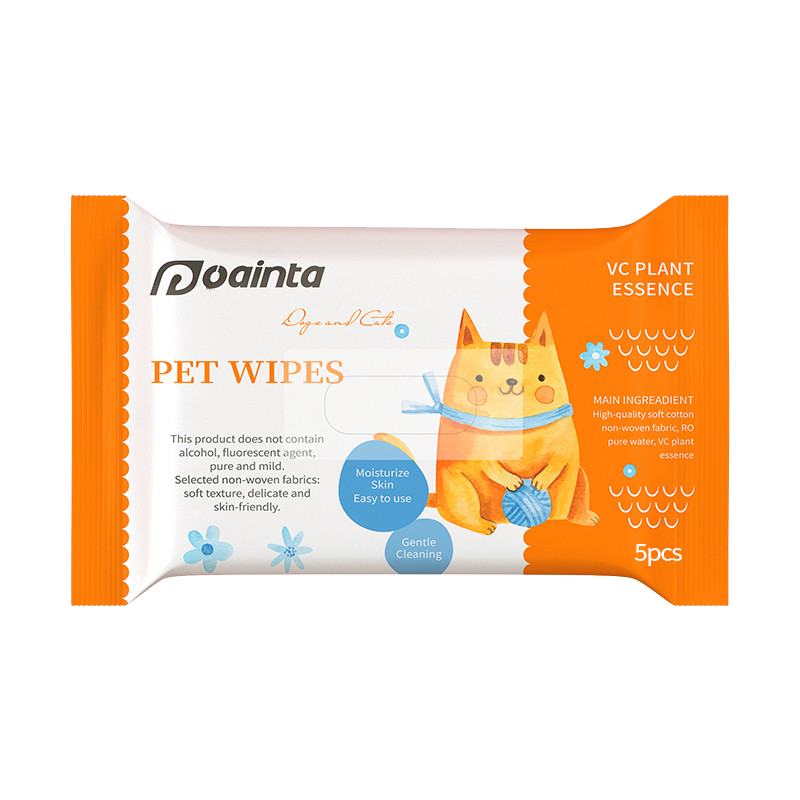To prevent allergy-related ear infections in dogs, you can take the following steps:
Identify and Avoid Allergens
- Allergy Testing: Consult your veterinarian to conduct allergy tests on your dog to determine specific allergens. This can help you take targeted preventive measures.
- Environmental Control: Minimize your dog's exposure to known allergens. For example, during peak pollen seasons, keep your dog indoors as much as possible and use air purifiers to reduce pollen and dust mite levels in the home.
- Dietary Management: If your dog has food allergies, work with your vet to identify the allergenic ingredients and choose a suitable hypoallergenic diet.
Maintain Ear Hygiene
- Regular Cleaning: Clean your dog's ears regularly with a veterinarian-recommended ear cleaner. Avoid using cotton swabs, as they can damage the ear canal. Gently wipe the outer ear with a clean, damp cloth.
- Dry Ears Thoroughly: After swimming or bathing, make sure to dry your dog's ears completely. You can use a towel or a hairdryer on a low, cool setting.
Promote a Healthy Immune System
- Balanced Diet: Feed your dog a high-quality, balanced diet to support a strong immune system.
- Regular Exercise: Ensure your dog gets regular exercise to maintain overall health.
- Stress Reduction: Minimize stress in your dog's life, as stress can weaken the immune system.
Monitor for Signs of Trouble
- Regular Check-ups: Take your dog for regular veterinary check-ups to detect any early signs of ear infections or allergies.
- Home Monitoring: Regularly check your dog's ears for redness, swelling, discharge, or a foul odor. If you notice any of these signs, consult your vet immediately.










